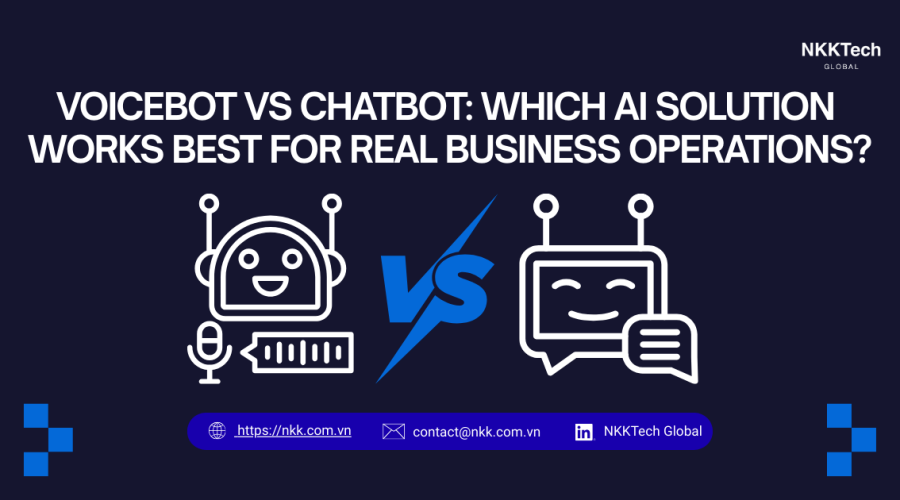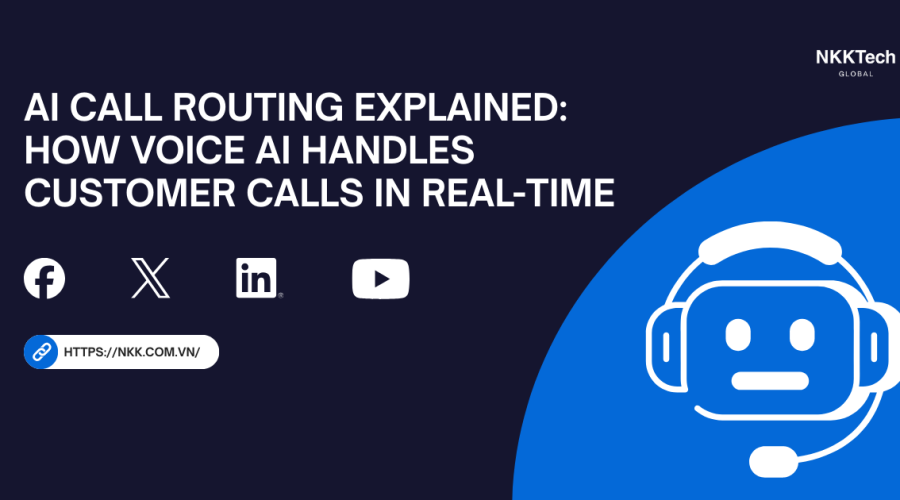Navigating the Complexities of Software Outsourcing Comparison
In today’s dynamic business landscape, leveraging software outsourcing services has become a strategic imperative for companies seeking to optimize costs, access specialized talent, and accelerate innovation. However, the process of comparing and selecting the right outsourcing partner can be fraught with challenges. Many organizations, despite their best intentions, fall prey to common mistakes that can jeopardize project success, inflate costs, and damage long-term relationships. This comprehensive guide aims to illuminate these pitfalls, offering actionable insights to ensure your next software outsourcing services comparison is successful and delivers maximum value. Understanding these critical errors before you embark on your selection journey is paramount to securing a fruitful partnership and avoiding costly setbacks. By meticulously evaluating potential vendors, businesses can mitigate risks and ensure that their investment in outsourced development truly pays off.
Table of Contents
- Falling for Cost-Centric Misconceptions in Software Outsourcing
- Underestimating Communication and Cultural Fit Challenges
- Neglecting Security and IP Protection Protocols
- Failing to Adequately Define Project Scope and Expectations
Falling for Cost-Centric Misconceptions in Software Outsourcing
One of the most pervasive software outsourcing mistakes is to base the entire vendor selection process solely on the lowest bid. While cost efficiency is a significant driver for outsourcing, prioritizing it above all else can lead to hidden expenses, compromised quality, and ultimately, project failure. A seemingly cheap hourly rate might mask inefficiencies, junior talent, or a lack of robust processes that inevitably lead to rework, delays, and higher overall project costs. Businesses must look beyond the initial quotation and consider the total cost of ownership (TCO), which includes not only direct development expenses but also potential costs associated with poor quality, project management overhead, and potential legal issues. It is crucial to perform a thorough cost estimation that factors in the vendor’s experience, team structure, and their approach to quality assurance.
When comparing software outsourcing services, ask detailed questions about their pricing model. Is it fixed-price, time-and-materials, or dedicated team? Each model has its pros and cons depending on your project’s nature and flexibility requirements. Insist on transparency regarding all potential fees, including setup costs, maintenance, and support. A reliable partner will provide a clear breakdown of expenses and be upfront about any variables. Remember, investing a little more upfront in a reputable provider with a proven track record can save substantial amounts in the long run by delivering a high-quality product on time and within budget. Focus on value for money, not just the lowest price tag, to avoid common IT outsourcing pitfalls.
Underestimating Communication and Cultural Fit Challenges
Effective communication is the cornerstone of any successful project, and it becomes even more critical in an outsourced setting. Many organizations make the mistake of underestimating the impact of language barriers, time zone differences, and cultural nuances on project delivery. A lack of clear, consistent communication can lead to misunderstandings, scope creep, missed deadlines, and a general erosion of trust between your in-house team and the outsourcing partner. When engaged in a software outsourcing services comparison, assess not just their technical prowess but also their communication protocols and soft skills. Do they have dedicated project managers fluent in your language? What tools do they use for collaboration? How do they handle feedback and conflict resolution?
Furthermore, cultural fit plays an indispensable role in fostering a productive long-term partnership. Different cultures have varying approaches to work ethic, hierarchy, problem-solving, and directness of communication. A mismatch can lead to frustration and inefficiencies. During your vendor selection process, try to understand their company culture. Look for partners who demonstrate adaptability, a proactive attitude, and a commitment to understanding your business objectives beyond just the technical requirements. Consider conducting video interviews with the actual team members who would be working on your project to gauge their English proficiency and cultural alignment. Strong project management and regular, structured communication channels are vital to bridge any gaps and ensure everyone is aligned on goals and progress.
Neglecting Security and IP Protection Protocols
In an increasingly digital world, data security and intellectual property (IP) protection are non-negotiable. One of the most critical software outsourcing mistakes is failing to thoroughly vet a potential vendor’s security practices and legal frameworks for safeguarding your sensitive data and proprietary information. Handing over your project to an external team without robust security measures in place is an open invitation for data breaches, loss of competitive advantage, and severe reputational damage. Ensure your choosing outsourcing partner process includes a deep dive into their security certifications (e.g., ISO 27001), their data handling policies, and their track record with client confidentiality. Ask about their network security, physical security of their facilities, and employee background checks. This due diligence is crucial.
Equally important is the protection of your intellectual property. Before signing any contract, ensure that a comprehensive Service Level Agreement (SLA) and Non-Disclosure Agreement (NDA) are in place, clearly outlining ownership of code, designs, and all project deliverables. These documents should specify how your IP is protected both during and after the project. Verify that the outsourcing company has strong internal policies to prevent IP leakage and that their employees are bound by similar confidentiality clauses. A trustworthy partner will be transparent about their security protocols and legal compliance. Overlooking this aspect can be one of the most devastating IT outsourcing pitfalls, leading to long-term legal battles and significant financial losses. Reviewing case studies related to their security practices can provide valuable insights. For more on strategic IT considerations, visit our IT Strategy Insights.
Failing to Adequately Define Project Scope and Expectations
Many outsourcing projects falter because the client fails to provide a clear and comprehensive definition of the project scope and expectations. This ambiguity is a recipe for scope creep, budget overruns, and dissatisfaction. A common software outsourcing mistake is to start a project with vague requirements, assuming the outsourcing partner will intuitively understand your vision. This often leads to continuous revisions, delays, and a product that does not meet the initial business needs. Before initiating any software outsourcing services comparison, invest ample time in defining your project’s goals, features, functionalities, technical requirements, and acceptance criteria in detail. Develop a comprehensive Statement of Work (SOW) that leaves no room for misinterpretation.
When you are in the process of choosing outsourcing partner, pay close attention to how they engage with your requirements. Do they ask clarifying questions? Do they challenge assumptions constructively? A good partner will help you refine your scope and provide realistic estimates. They should be transparent about what is included and what falls outside the defined scope. Implementing agile methodologies can help manage evolving requirements more effectively, but even within agile, a clear initial product backlog and user stories are essential. Regularly scheduled reviews and checkpoints, along with a formalized change management process, are critical to keep the project on track and prevent the project from veering off course due to ill-defined expectations. For insights into developing robust project requirements, you might find resources from the Project Management Institute helpful: PMI.org.
In conclusion, comparing software outsourcing services is a multi-faceted process that extends far beyond just pricing. By diligently avoiding these common mistakes—from solely focusing on cost to neglecting communication, security, and clear scope definition—businesses can significantly increase their chances of a successful outsourcing venture. Thorough due diligence, transparent communication, and a strategic approach to vendor selection are the keys to building a lasting and productive partnership that truly elevates your technological capabilities. The right partner will not only deliver your project but also become an extension of your team, contributing to your long-term success and innovation goals.
Ready to make an informed decision for your next software project? Contact us for expert guidance and tailor-made solutions. Email us at: contact@nkk.com.vn




